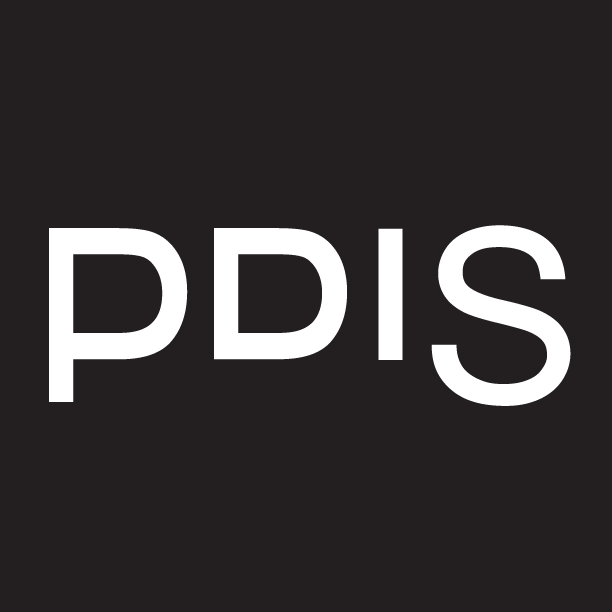Summit for Democracy: National Statement
As democracies, we must trust our citizens and invest in public infrastructure in the digital realm.
Ladies, gentlemen, and non-binary friends: Good local time.
I’m Audrey Tang, Taiwan’s Digital Minister. It’s my honor to represent Taiwan at the Summit for Democracy along with Representative Bí-khîm Hsiao of TECRO, our representative office in the United States.
Taiwan’s first direct presidential election took place in 1996. It was a heady accomplishment in a steady journey of democratization throughout the decade. By 2014, Taiwan’s democracy had matured to the point where the peaceful Occupy Parliament movement in 2014 paved the way for political change while unleashing a wave of youthful activism and civic participation in public affairs.
Although Taiwan is a young democracy, it’s standing firm on the front lines of the global struggle with authoritarianism. It also plays a leading role in advancing freedom, democracy, and human rights worldwide.
During COVID-19, we’ve seen signs of democracy backsliding as authoritarian regimes justify human right violations in the name of public health and the greater good. For Taiwan, we combat the pandemic with no lockdowns and the infodemic with no takedowns.
Democracy in Taiwan isn’t just for the people but with the people. Effective counter-pandemic measures, including the mask distribution system and SMS-based contact tracing system, began as civic technologies from the social sector. They were amplified by governments and businesses working hand in hand. This people-public-private partnership is a model we’re proud to share.
For example, the government supports the stationing of international journalists and NGOs in Taiwan. Over the last two years, Taiwan has accredited 50-plus foreign journalists, including correspondents of U.S.-based media outlets who were forced to leave under pressure from Beijing. The government also welcomes NGOs to establish presences in Taiwan. Some of the recent high-profiles arrivals are U.S.-based National Democratic Institute and International Republican Institute.
In answering the call made by the United States, Taiwan has pledged financial support for Global Anti-Corruption Consortium and is willing and able to contribute to the International Fund for Public Interest Media. Both multilateral initiatives focus on combating corruption and mis- and disinformation, respectively, and are in line with the goals of this summit.
A central plank in efforts to achieve these goals is the Global Cooperation and Training Framework. Via the GCTF, Taiwan works with the United States, Japan, Australia, and other like-minded countries in organizing workshops on critically important international issues like anti-corruption, media literacy, and women’s empowerment. #StrongerTogether, in this case, is more than a social media hashtag, it’s the very essence of the free world’s unshakeable belief that democracy can deliver.
“To give no trust is to get no trust.” As democracies, we must trust our citizens and invest in public infrastructure in the digital realm. This is the best and only way to protect and advance our shared values. Today’s summit is the perfect platform to bring democracies together and explore ways to collaborate. I look forward to discussions with you all.
Thank you. Live long and prosper.
 🇹🇼
🇹🇼